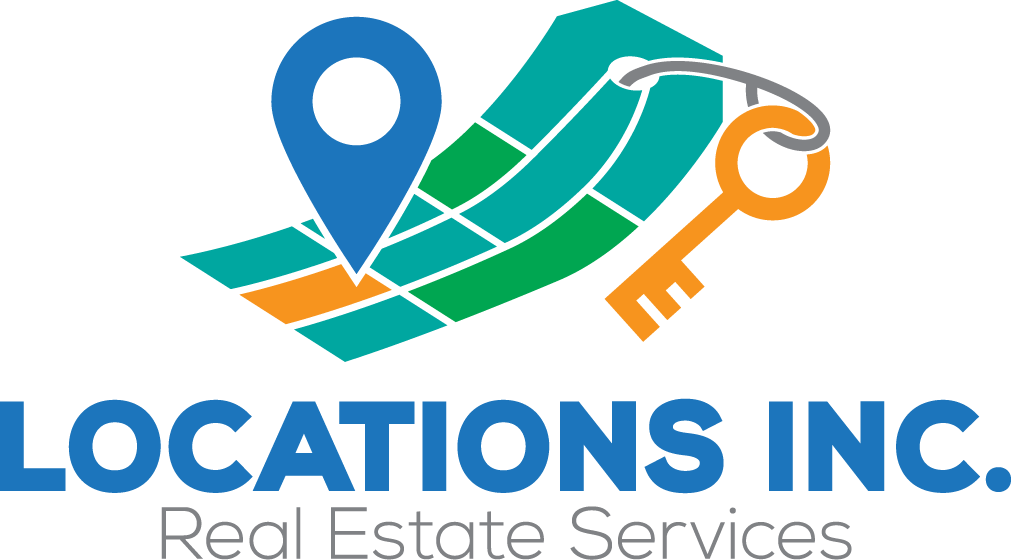Must Know Real Estate Terms for Buyers in 2024
Whether you’re a first-time homebuyer or have bought and sold real estate before, the words your agent uses can sound like a foreign language. Sometimes, your agent might throw around industry phrases without breaking them down for you.
To make sure you’re not left confused, here are 15 essential definitions of terms your agent will probably use during your home buying process.
Appraisal
An appraisal is a report by a qualified third party that estimates the value of a property. It's typically done to ensure the property is worth what the buyer is paying, benefiting both the buyer and their lender. When you get a mortgage, the lender will require an appraisal because they need to make sure the home is worth what you are paying for it.
Association Fee / HOA Fee
If you live in certain housing communities like condos or townhomes, you'll pay a monthly fee called an HOA fee. This covers the maintenance of common areas and amenities, like pools.
Closing Disclosure / CD
A Closing Disclosure (CD) is a standardized form that lists all the costs and fees involved in a home sale. It breaks down where all the money is going between the buyer and seller.
Closing Costs
When buying or selling a home, there are extra expenses beyond the actual price of the home. Buyers often have fees related to getting a new loan, while sellers usually pay real estate agent commissions.
Collateral
Collateral is something of value, like your home, that is used to secure a mortgage or loan. It ensures the lender can recover their money if you can't repay the loan.
Comparables
Comparables are homes in the same area that have recently sold and have similar features. They help give you an idea of the home's value in that neighborhood. Your agent will use comparables to help you create an offer on a home you like.
Contingencies
Contingencies are conditions that must be met for a real estate deal to go through. Common ones include home inspections and loan approvals. If these aren't met by certain deadlines, the contract can be canceled.
Counteroffer
A counteroffer is the seller's response to your initial offer. It's their way of negotiating the terms of the sale. Almost anything can be negotiated
Earnest Money
Earnest money is a deposit made by the buyer to show they're serious about buying the home. This money is usually held by a third party and applied to the down payment or closing costs once the sale is finalized.
Escrow
Escrow can mean two things. It’s where your earnest money is held by a third party until the deal closes. It also refers to the period from when the contract is accepted to when the sale is completed.
Principal
The principal is the original amount of money you borrowed for your loan, not including interest.
REO
REO stands for real estate owned properties. These are foreclosed homes currently owned by a financial institution, like a bank or lender.
Short Sale
A short sale happens when a seller’s lender agrees to let the property be sold for less than the amount owed on the mortgage. This option is less impactful to the credit score of a defaulting home owner.
Title
The title is a legal document that proves who currently owns the property. It also shows the history of ownership and transfers. When you buy a home you want to make sure you have a clear title, and that it isn’t “clouded” with liens or claims to ownership by others.
Underwriting
Underwriting is the process where your financial ability to get and repay a loan is evaluated, which includes a credit check and property appraisal. For title insurance, it involves reviewing historical documents to decide if a policy can be issued.
Ready to buy? Contact Locations for expert guidance in the Illinois real estate market!

